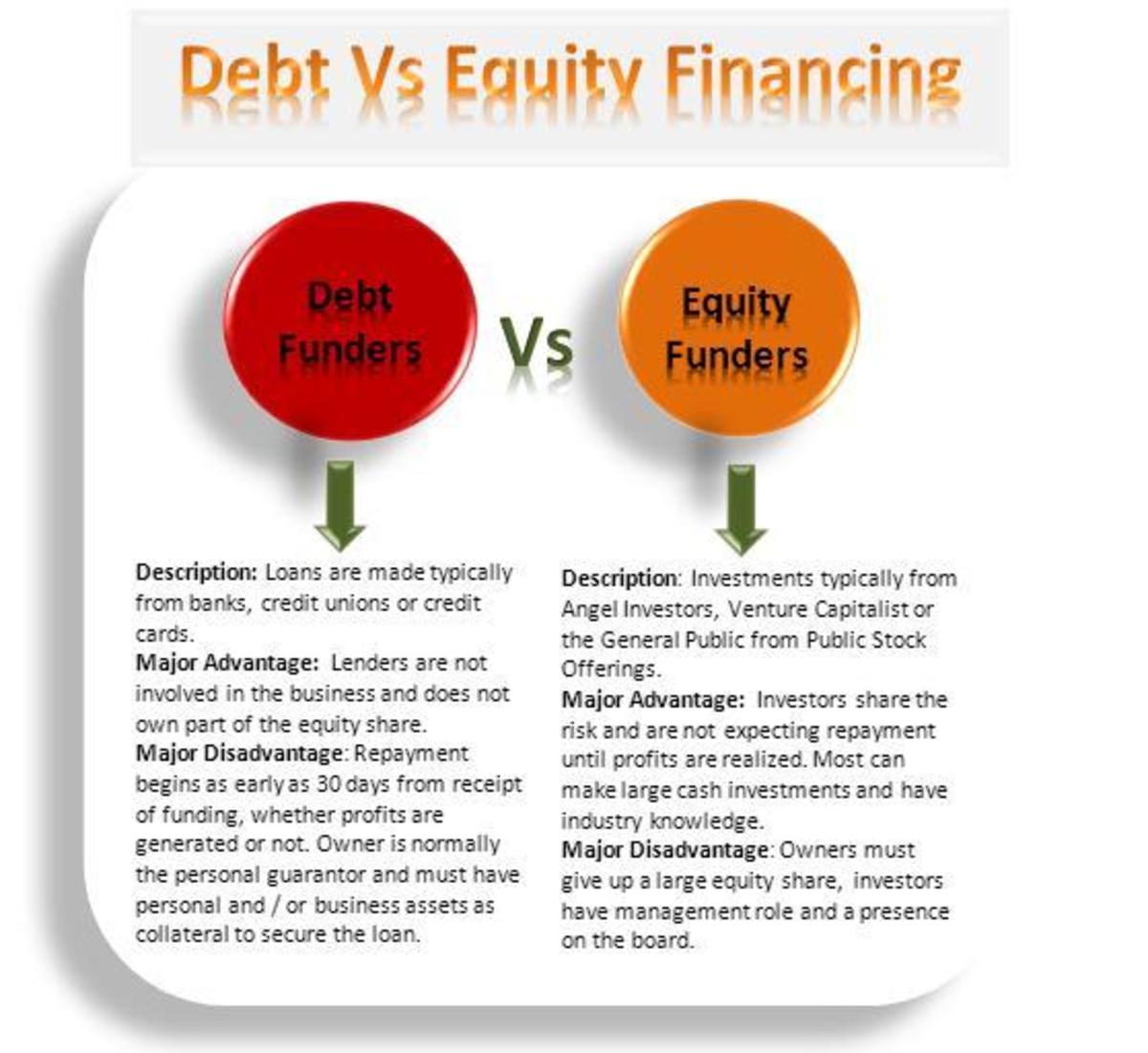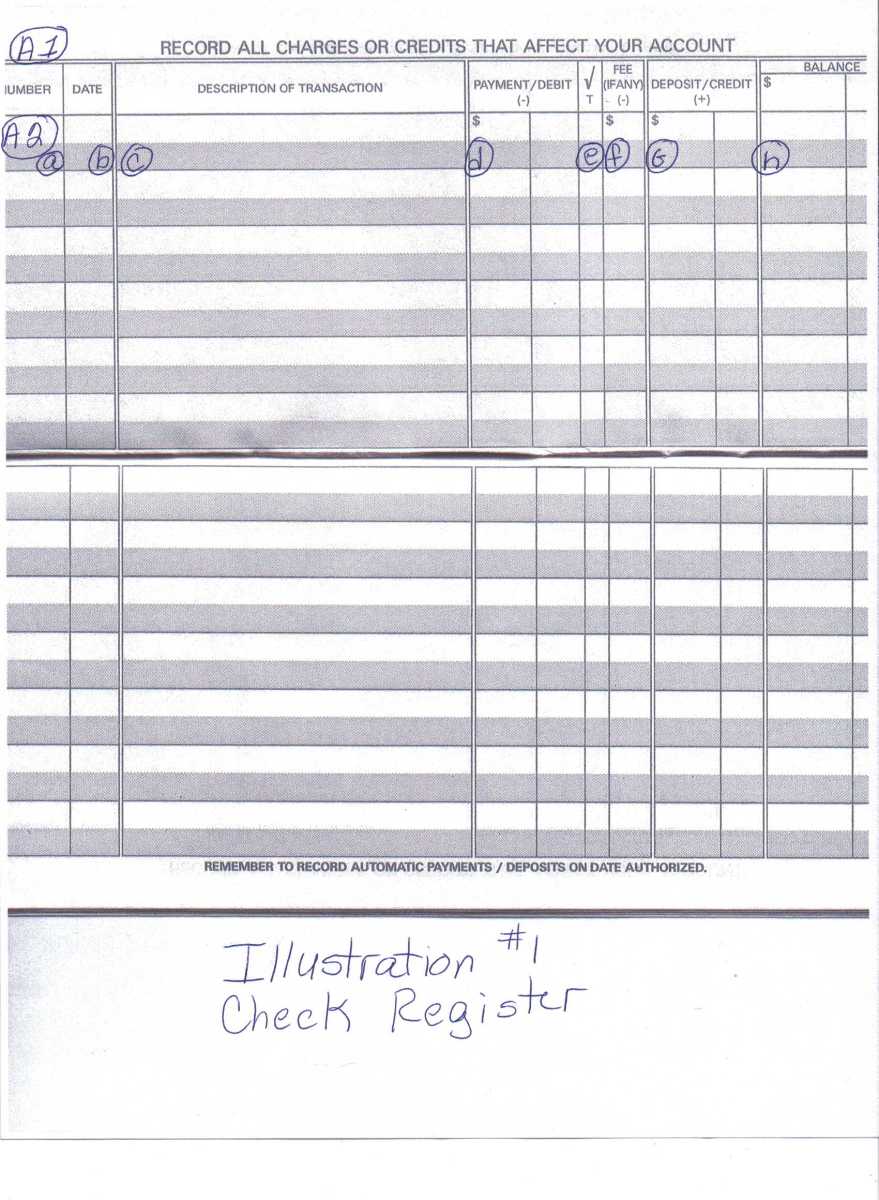Is Debt evil?

“Market Crash Hit Like Thunderclap”
“Euro slide gathers pace on debt crisis fears”
These are the headlines that we have been hearing lately, why? Well if you don’t know you have been hiding under a rock somewhere on the moon! The 2008 market crash has been the focus of everyone’s attention for the past 3 years. Caused by reckless lending of banks the world over, as we face the possibility of plunging back into recession because of debt ridden Greece and Italy, it is a good time to raise the question is Debt evil?
There are many different types of debt and we can look at their purposes, advantages and disadvantages to determine the answer to the original question.
Debt has been around since the invention of the money system, it has become an integral part of our lives today. It has many practical uses such as buying our homes or the things we want. It has turned us into a consumer society personal debt in the UK currently stands at £1.4 trillion. One can validly argue that consuming with money which we have not earned is wrong. It causes many problems when people lose control of the amount they borrow; it has the potential to and has destroyed the lives of many. On the other hand it can be claimed excessive debt is what is dangerous almost everyone has some level of debt but as long as it is not excessive then it is manageable. It can be said that when used appropriately it can be a vital tool. Many people would not be able to buy their own homes without the borrowing of money. The majority of students borrow during their studies so debt can create many positive impacts. In the year of 2010 the average debt per household stood at £57,506, which shows that most of the population has debts of some manner.
I am an entrepreneur and I have an idea but lack the capital to make this into a successful business. Someone in this situation has no choice but to incur debt so that they can develop their business, if this is not possible then many companies cannot be created and the economy will suffer greatly, only the rich can begin and develop businesses. Even established business incurs debts so that they have a continuous cash flow, it had become impossible to create and run a business without incurring debts. However when money is handed out to everyone who requests it as happened in the US housing market boom we can see the catastrophic results.
Every government in the world has a deficit; this is a cause for great concern when the deficit is greater than the GDP of the country. For example Luxemburg currently has external debts with amount to 3,443% of GDP, which is by far the worst of any county (In this instance it is caused by having a large financial sector). Also we can see what happens with countries such as Greece where the debt has become unmanageable and threatens the collapse of the whole of Europe. It has become a necessity for growth and it is now normal to have such debt. As the debt becomes larger and larger the question arises who is going to pay it back, this is going to be left to the next generation which is unfair as this will lead to a lower quality of living for the excess which we have enjoyed.
Debt can be seen as a bad thing for a government but there are positives too, many government programmes that are vital could unfortunately not be funded without existing in a constant state of debt. To give a major example, the NHS could not exist without the debt needed to create the infrastructure and maintain the level of care.
Many developing countries borrow huge amounts of money to improve infrastructure and help its people. However it can adversely affect the nation when it comes to paying it back and the interest rates are exorbitant. Many African nations (e.g. Ghana) are on their knees as most of their budget is spent on repaying loans to the west.
Conclusion
Repeatedly the same trends can be seen, debt has weaved its way into almost every aspect of our modern world, and it has become part of the way we live. It cannot be disputed that it has had mixture of positive and negative impacts; it becomes dangerous in excess and can cause financial ruin of individuals and nations alike. So we can conclude debt is not inherently evil because of the positive impacts it has upon the world, but when mixed with greed and so taken to excess it can cause misery and suffering. (By Ranju)







